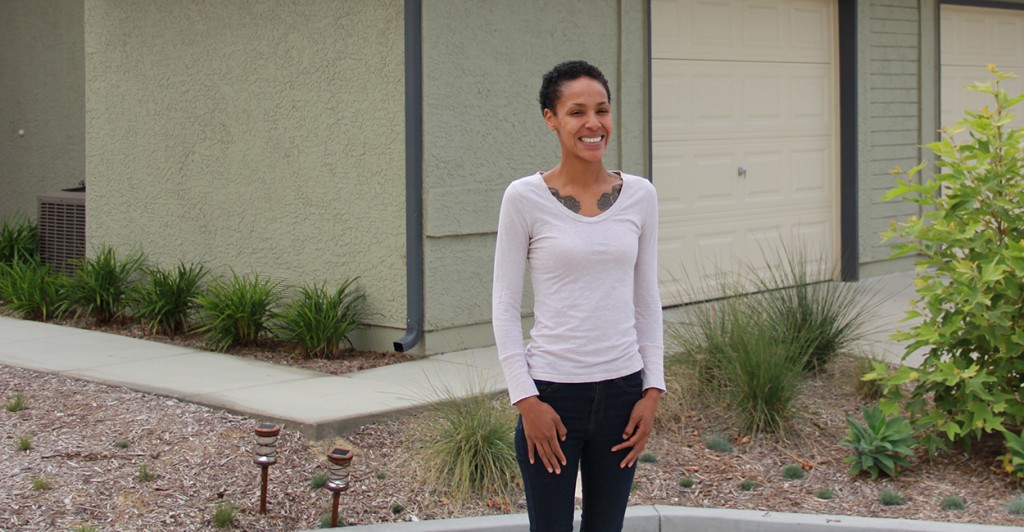The VA clinic in Lawrenceville, Ga., initially turned him away for the same reason, which is why he decided to bring his camera along to the Community Based Outpatient Clinic in Oakwood. He received the same response. But this time, he captured the interaction on camera.
The full video shows 33-year-old Dorsey waiting for five minutes before telling an employee that he needs a transfer from the VA system in Athens.
“We’re not accepting any new patients — not this clinic,” the VA employee said in response, signaling an abrupt end to the interaction.
Dorsey, who served in Iraq in 2003, has PTSD and was seeking treatment for escalating symptoms. Aside from the Oakwood clinic, Dorsey’s other option is in Atlanta, which is more than 50 miles away from his current location. PTSD is a fairly common diagnosis in veterans returning from the wars in Iraq and Afghanistan. The VA states that anywhere between 11-20 percent of those veterans suffer from PTSD.
“It takes a lot to say, ‘You know what, I need to get help,’” Dorsey told the New York Daily News. “And for a veteran to be told on multiple occasions that they can’t get help is just very, very discouraging.”
While this means that the VA Choice program applies, no employees offered that information. It was only after he had discussed his experiences at the two clinics with another veteran that he learned of the program.
“We have some very serious geographical issues. Now we have the VA Choice card but we have doctors who won’t accept it or don’t understand it,” Jerry Edwards, founder of North Georgia Veteran’s Outreach Center, told Military Times.
Not only do doctors often refuse to accept the program, but internally, the VA has previously tried to interpret the legislation establishing the program to mean that if any facility exists within 40 miles of a veteran, regardless of whether that facility provides appropriate care, then that veteran can’t access the program.
Other administrative problems have plagued the VA. Over 500,000 veterans have inquired about the VA Choice Program from the period between November 2014 and May. Just 50,000 received authorization for appointments.




